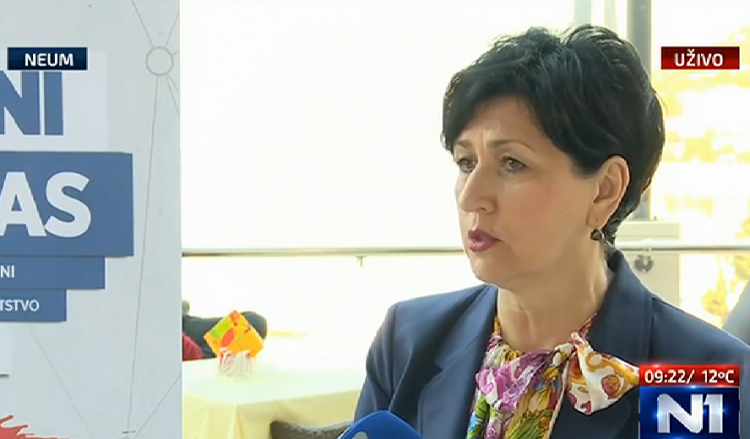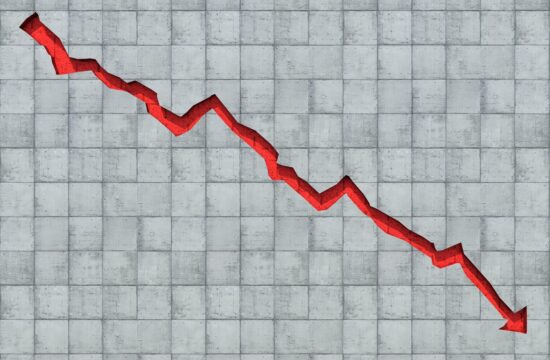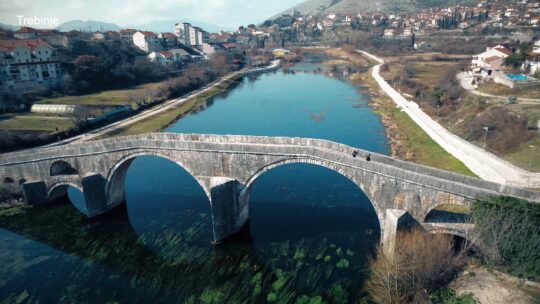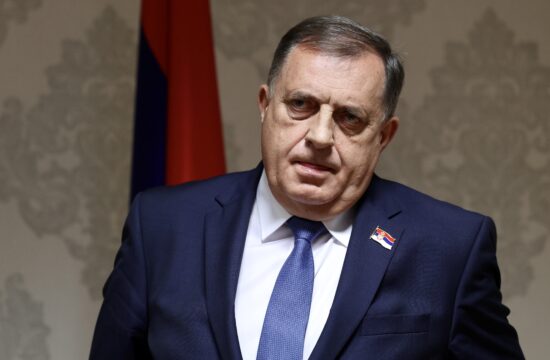
Lower levels of government cannot form commissions to question international courts’ verdicts, especially those by UN courts, Bosnia’s Human Rights and Refugees Minister Semiha Borovac said after the Serb-dominated semi-autonomous entity of Republika Srpska decided to form commissions to deal with the suffering of Serbs in Sarajevo and the suffering of all peoples in the area of eastern town of Srebrenica.
“The formation of this Commission is a malicious attempt by the lower level authorities to question and diminish crimes that took place during Bosnia’s 1992-1995 war, which were characterised by the International Court of Justice and the International Criminal Tribunal for the Former Yugoslavia (ICTY) characterised as genocide,” Borovac said.
She called the Commission a “Quasi-body with neither the legitimacy nor the legality to question crimes committed between 1992 and 1995, especially not the already established facts by international courts which are internationally recognised and accepted.”
“Lower levels of government cannot form commissions to question international courts’ verdicts, especially those by UN courts,” she stressed and characterised its formation as a malicious attempt by the Serb-dominated Republika Srpska entity authorities to harass the genocide victims and their families continuously.
She was not the only one to condemn the move by the RS authorities. Bosnia’s international watchdog which oversees the civilian implementation of the Dayton Peace Agreement, which ended the war in Bosnia, and the US Embassy both condemned the formation of the Commission.
The largest Bosniak party, the Party of Democratic Action (SDA) said that no political commission could change or question the truth about the war in Bosnia and the legally established facts.
“We call upon the RS authorities and the authorities of neighbouring Serbia to finally face the truth about the genocide in Bosnia, instead of trying to diminish historical facts,” the SDA said.
A renowned Bosnian journalist, Dzenana Kapur-Drusko said that this is maybe the most significant blow to the Dayton Peace Agreement so far.
“The fact is that the Hague Tribunal, which is a UN’s tribunal, worked on all the cases concerning the suffering in Sarajevo and Srebrenica. Establishing new commissions which would look for new conclusions mean the denial of everything that the Hague Tribunal worked on before,” she said for N1. “This is a direct challenge to the UN Security Council which names the Chief Prosecutor of the Hague Tribunal.”
According to her, the rejection and denial of the Hague Tribunal’s decisions aims to change the past.




